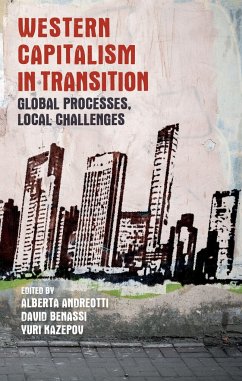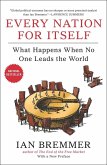Over the last thirty years capitalism in the West has undergone a process of radical change that has erased the world we knew during the post-war 'Golden Age'. Processes of globalisation and financialisation, coupled with mass migration, demographic transitions and the pressures on the welfare state, have brought about steep increases in inequality and a polarisation between winners and losers that challenges the very nature of citizenship. The redefinition of class structure and the transformation of existing patterns of social inclusion have both had a profound impact on the social fabric. This book explores - from different disciplinary perspectives - how Western capitalism has changed, and the consequences of these changes for individuals' lives and communities. The argument throughout is framed by Karl Polanyi's theories regarding the embeddedness of the economic in the social, and the dynamic relationship between these two aspects. Specific areas of change are discussed under five headings: the transform tions of global capitalism; welfare capitalism and rights; citizenship and migration; cities and urban transformation; and segregation and the spatial dimensions of poverty. The international array of contributors take into consideration the interplay of micro and macro factors to produce a developed analysis. Chapters focus on the uneven effects of capitalism, on the manifold social conflicts that are emerging and on the potential for the defensive mobilisation of individuals and social movements. By combining theory and empirical analysis and adopting a comparative perspective, the authors provide insights into the dynamics of change and the resulting winners and losers.
Hinweis: Dieser Artikel kann nur an eine deutsche Lieferadresse ausgeliefert werden.
Hinweis: Dieser Artikel kann nur an eine deutsche Lieferadresse ausgeliefert werden.








